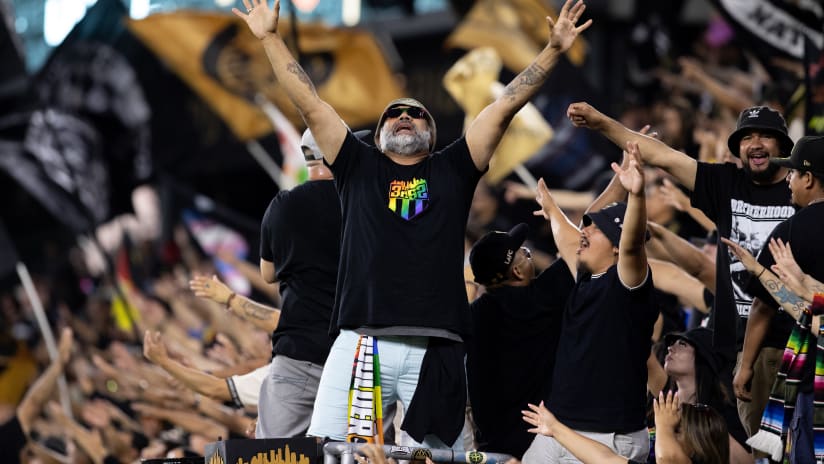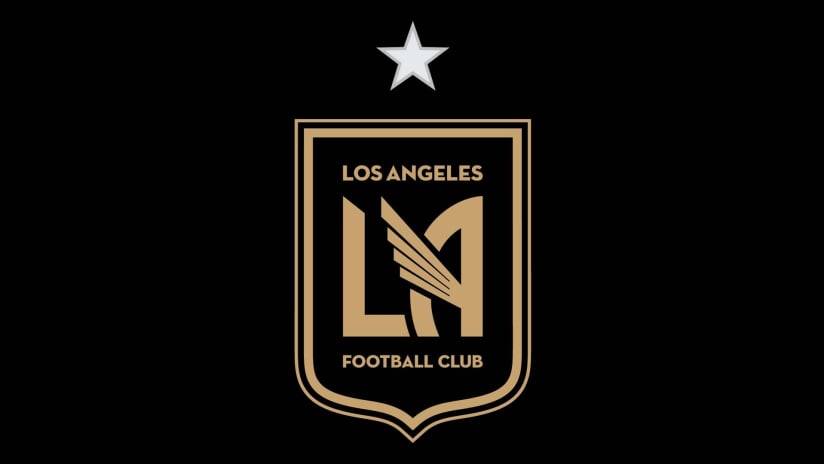I want to start today’s newsletter by thanking you all for your kind words of support following yesterday’s post. I was nervous publishing it, not because I’m in any way ashamed of my own mental health struggles, but because I wanted to be sure I said what I wanted to say about what has helped me to feel better. If you wrote to me and I haven’t yet responded, please know that I’ve read everything and I plan to get back to you as soon as I can. I’m in an area of California with poor WiFi service, so it might take me until next week—but I will respond.
So, I’m happy with the way it turned out but I’m kicking myself for failing to include the most important weapon in any battle against anxiety or depression: joy. When I’m struggling, sometimes I work so hard to get out of my funk that everything feels like a slog. I forget to take even 10 minutes a day to dance or laugh or do something silly. During the last 15 surreal months of living through a pandemic, three things have brought me joy more than anything else: playing with my two-year old niece, binge watching RuPaul’s Drag Race, and my newfound love for soccer.
Two years ago this week I went to my first major league soccer game and wrote about the experience of jumping and singing in LAFC’s 3252 supporter section for 90 minutes (plus stoppage time). I know that people love to dump on MLS for being inferior to European soccer, but I don’t care. I had the time of my life. It’s difficult describing to Americans the experience of nonstop chanting and dancing with thousands of other likeminded individuals at a sporting event. There’s just no equivalent in the big four sports here. I went to a college football game in Baton Rouge between LSU and Alabama a few years ago, and that probably came the closest. The LSU student section stood the whole time and sang a lot of songs. But they still stopped singing during plays. The 3252 section doesn’t even pause their setlist when LAFC scores a goal.
I read a fantastic book two years ago called The Body Keeps the Score that inadvertently describes the psychological benefits of fandom better than anything else I’ve read. The author, Dr. Bessel van der Kolk, writes about how doctors and psychologists are re-thinking the way they treat trauma victims. In one passage, van der Kolk described juvenile patients who were so retracted in their trauma that no usual forms of therapy got through to them. Some of these patients were put into acting, singing, and chanting classes, and the results were surprising: even when they could not or would not talk about their trauma, simply participating in these group activities provided a mental and emotional lift. Some of this improvement in mood was attributed to the benefits of socializing. But researchers discovered that the ancient art of chanting, in particular, gave participants a spiritual boost. When I finished the book I wondered: is this why it can be so cathartic to go to a sporting event where your team wins?
Before a recent LAFC home game, I caught up with superfan Josef Zacher at his pre-game tailgate on the field next to Banc of California Stadium. Zacher was the first president of the 3252 supporter’s section, and still attends every home game. Our ten-minute conversation was interrupted every 30 seconds by friends who came up to hug Zacher and say hello. Micheladas and trays of civeche chilled in kiddie pools while a mariachi band played nearby. “This is more than sports to us, it’s family,” Zacher told me, gesturing at the hundreds of 3252 members who were tailgating nearby. “This last year-and-a-half has been absolutely brutal. It’s been horrible to watch people struggle. Getting back to this-- the tailgates and the games and just being together-- has been so important. For a lot of people this is therapy.”
The 3252 experienced its own tragedy earlier this year when vice president Mauricio “Mo” Fascio died of Covid-19. “A lot of us lost a close friend,” said Austin Hilpert, a member of the Black Army, a subset of the 3252. “We’ve turned to each other for support. Losing Mauricio drove home the fact that no matter what comes up, we always support each other in our times of need. We’ve had people lose family members to Covid or lose their jobs. Even though we couldn’t come to games for a year we were still supporting each other and helping people out in any way we could. I just don’t know in what other sport you can find that.”
Why has soccer resonated so deeply with me during Covid-19? I hadn’t quite been able to put my finger on it until Jimmy Lopez, the current president of 3252, put it like this: “We’re still in mourning and we will be for a long time,” he said. “But we are still able to celebrate life in song.”
That’s it exactly. So if you can get to an LAFC game or any other MLS game before this season ends in November, I can’t recommend it enough. You don’t have to know the words to the songs. They sing them so many times you’ll know them all by midway through the second half.













